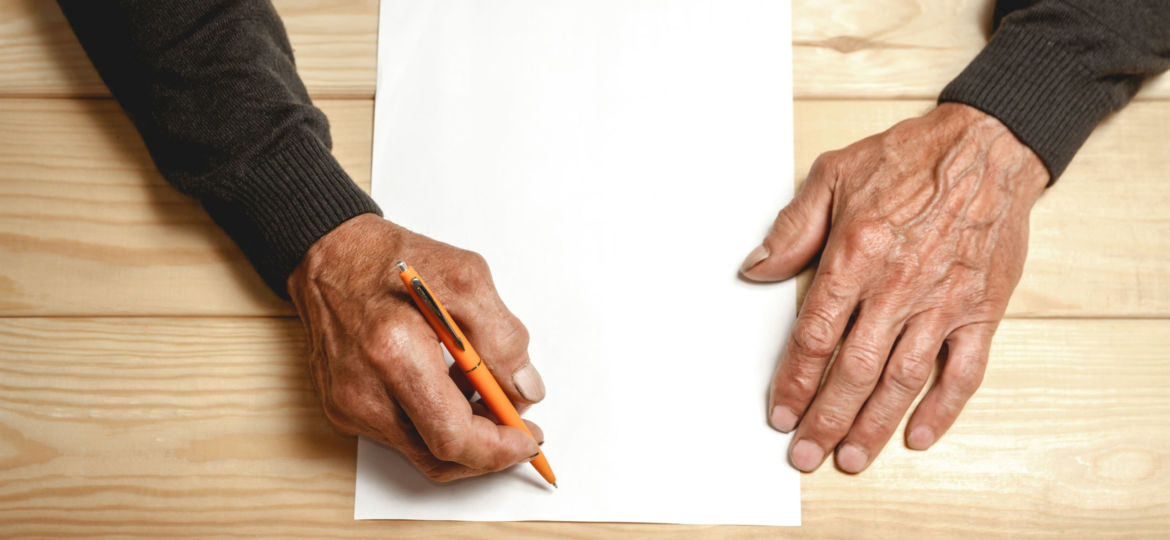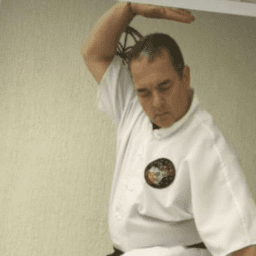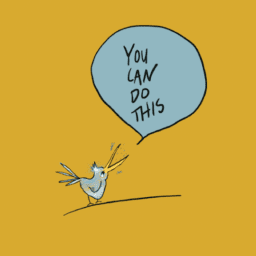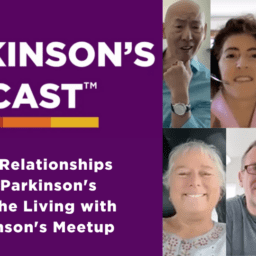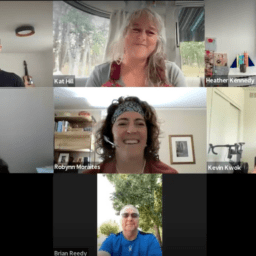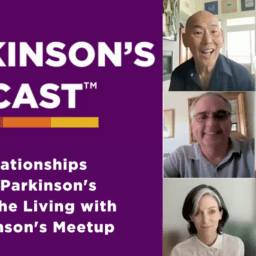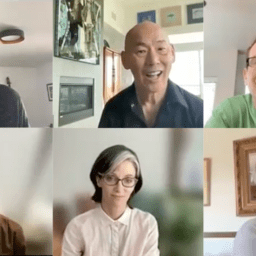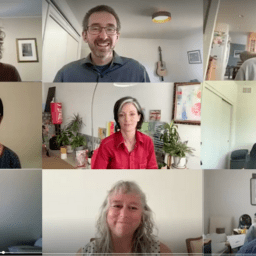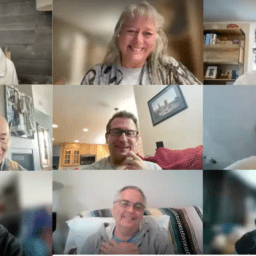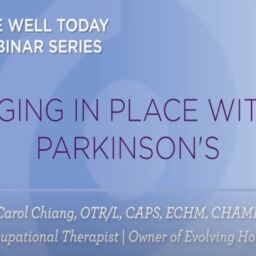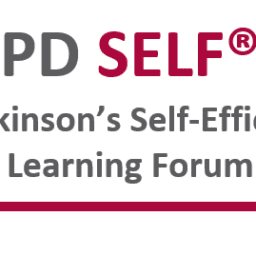Dear fellow Parkinson’s learners,
When I was first diagnosed with Parkinson’s about seven or eight years ago at the age of 60, I thought what many people think, “I have Parkinson’s. It’s progressive. I will take the prescribed medications, and that’s the best I can do.” My primary difficulties with Parkinson’s have consistently been freezing of gait (FOG) and lack of mobility, and for a long time, I relied solely on my medications to ease these symptoms. So I kept them on my bedside table, took them immediately upon awakening each day, read in bed for almost an hour until I was sure I could walk safely, and then finally got up.
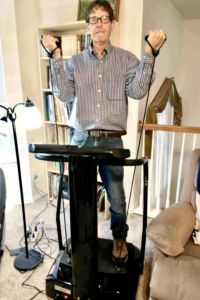 After approaching my Parkinson’s in this way for several years, I decided to see a physical therapist. In particular, I started seeing a physical therapist knowledgeable about Parkinson’s, and she started me on an intense plan of LSVT BIG® exercises. It was intense for me, at least. But she had no sympathy for my complaints and whining. I will forever be grateful to her for her “insensitivity” because, after doing these exercises, I began walking better, walking farther, experiencing better balance, and enjoying a much more positive attitude. After seeing the results of something in addition to my typical medication regimen, I realized that I have much more control over the state of my Parkinson’s than I had previously thought.
After approaching my Parkinson’s in this way for several years, I decided to see a physical therapist. In particular, I started seeing a physical therapist knowledgeable about Parkinson’s, and she started me on an intense plan of LSVT BIG® exercises. It was intense for me, at least. But she had no sympathy for my complaints and whining. I will forever be grateful to her for her “insensitivity” because, after doing these exercises, I began walking better, walking farther, experiencing better balance, and enjoying a much more positive attitude. After seeing the results of something in addition to my typical medication regimen, I realized that I have much more control over the state of my Parkinson’s than I had previously thought.
And so, I started learning. And I found that the more I learned and the more consistently I applied what I learned, the better off I was physically and mentally. The more exercise I did, the less medicine I had to take. The more I focused on successful coping and self-management behaviors, the more successful I was at coping and self-management behaviors. The most powerful tools in my toolkit have been exercising and having a positive attitude. Attitude affects everything else, and in my experience, you’ll be the victim if you play the victim. When I go to the doctor, I don’t ask, nor do I want to know, what “stage” of Parkinson’s I’m in because if you define yourself as having mid-stage Parkinson’s, you’ll act like you’re in mid-stage Parkinson’s. If you focus on how hard it is to walk, how bad your balance is, or how sore your muscles are, you’ll walk poorly, fall frequently, and have stiff and sore muscles.

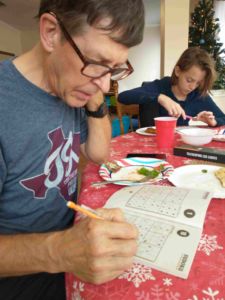 Oh, for sure, I still have Parkinson’s: I have OFF periods, I have trouble remembering things, and I still have random pesky dyskinesias. And what works best for me may not work best for you. But, as a religious man, I’ve heard the phrase often, “God loves an effort,” and it turns out Parkinson’s does too. The more physical and mental effort I’ve put into living well with Parkinson’s, the more it has responded. And the more I learn and the more I try, the better off I am.
Oh, for sure, I still have Parkinson’s: I have OFF periods, I have trouble remembering things, and I still have random pesky dyskinesias. And what works best for me may not work best for you. But, as a religious man, I’ve heard the phrase often, “God loves an effort,” and it turns out Parkinson’s does too. The more physical and mental effort I’ve put into living well with Parkinson’s, the more it has responded. And the more I learn and the more I try, the better off I am.
Kindest regards,
Paul Hardin
Helotes, Texas


